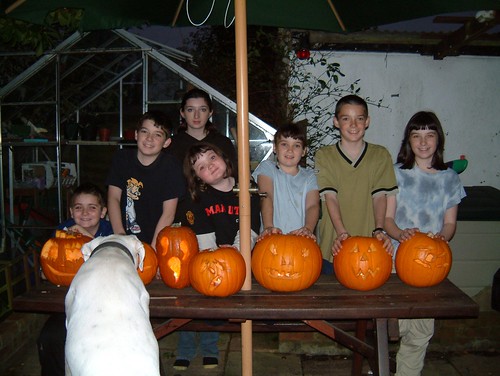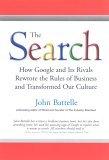
There are several online conversations going on about the business of sharing. One dispute is over whether users should be compensated for the value they bring to sites such as Flickr and del.icio.us. See Anil Dash, Catrina Fake and Ted Leung, for example. Another that's been going around is whether you should be giving these corporates your data in the first place . Keep it to yourself, some say. In other words, why share?
I think there are good economic, social and societal reasons behind sharing on the Internet.
First, I use Flickr (paid account) and del.icio.us because I get economic benefits from it. They provide storage and bandwidth. Instead of sending a multi-megabyte photograph on email, I just upload it once and then can use it in multiple ways with short bits of HTML. On del.icio.us, my Web bookmarks are stored centrally and accessible anywhere, and I can also repurpose them in multiple ways, such as on my blog. But we can, and should, join these services with open eyes -- they're making money off our content. Flickr, at least, gets some economic benefit from my photographs. When I send photos to friends and relatives who aren't Flickr members, they see advertisements. I'm not sure what del.icio.us's business model is, but I suspect its purpose is to be bought, which is a business model too. Either way, the benefits are worth it. That doesn't mean really good photographers shouldn't share in the revenue (see my post below about revver.com), but Flickr's business isn't necessarily wrong. If the trade off isn't worth it, don't use it.
The second benefit is social. What keeps me on del.icio.us even in the face of increasing competition from similar services, or on Flickr despite rivals with a simpler user interface or more features, is that I benefit from the work of other users. Thousands of people daily submit links to del.icio.us, making its popular links page one of the best places on the Internet to find really interesting stuff. And Flickr brings me photos, ideas, people and places every day that I wouldn't otherwise be exposed to. They're valuable because they're popular.
Finally, sharing makes the Internet a better place. The Web is like a public park or town commons. The fewer people who use it, the worse it gets. That's counterintuitive, but you see the phenomena all the time in a big city such as London. If a park isn't used, it quickly degenerates into a hang-out spot for vandals, bored teenagers or worse.
The photo above is of a fence around our local scout hut, which was burned down twice. And when they rebuilt it, it was quickly covered in graffiti. They've resorted to surrounding it with evil-looking spikes and a tall fence. Right next to it is a playground that used to be constantly covered in broken glass and the remains of equipment that the local yobs had been diligently trying to smash into smithereens for years. Frequent visits from the police did nothing. The solution was to put in new equipment. People started to bring their kids again, and the vandalism declined dramatically.
The same effect can be seen on the Internet, where the equivalent of the vandals are the spammers, script kiddies and phishers who have turned some previously valuable corners of the Web into neighborhoods you'd hesitate to walk through at night. But spammers are a minority, by a long shot. Most people are good. The more of the latter who use the Internet -- really use it, by contributing to it, not just consuming what the big media companies give you -- the more hospitable, interesting, pleasant and valuable place it becomes.
Tags: Web 2.0, Business, Sharing







